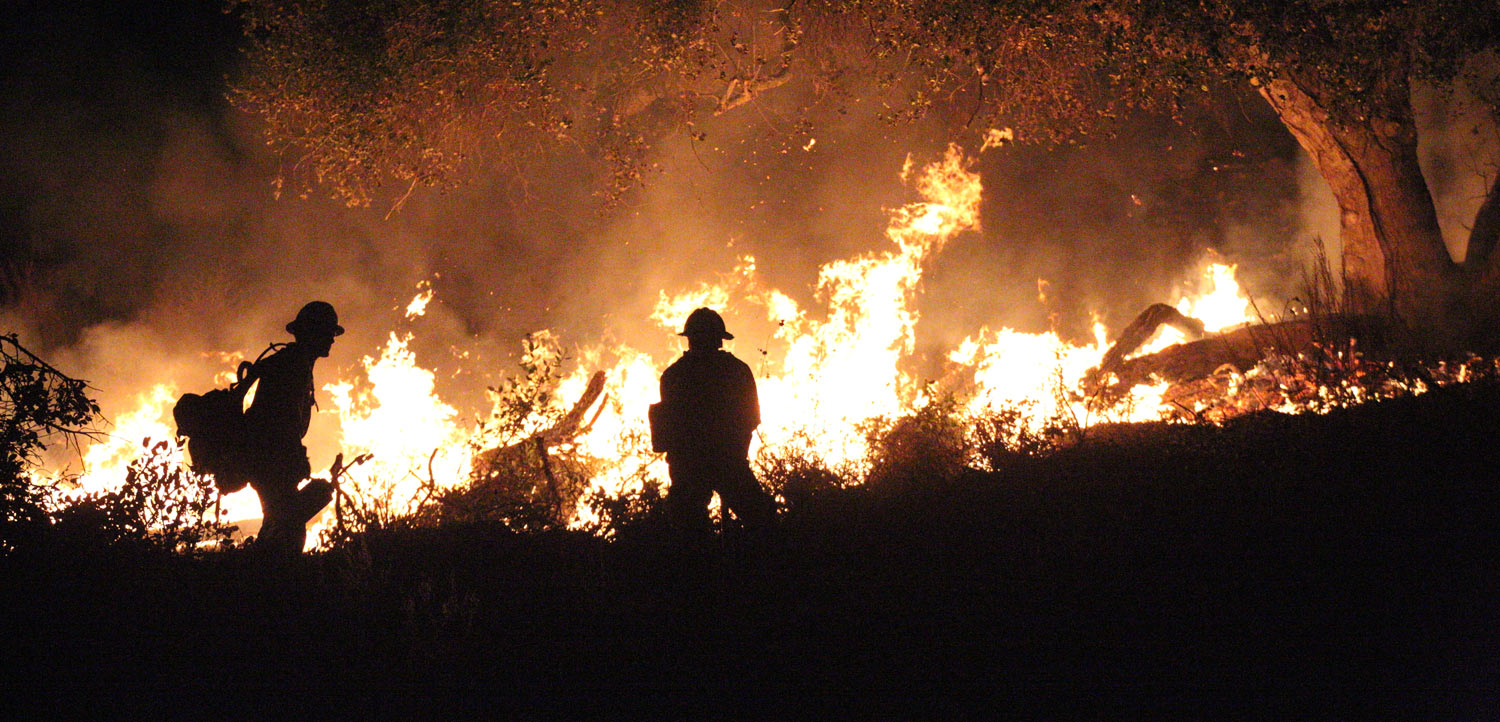
This stretch of time saw thousands of homes destroyed and more than a half-million acres burned. In addition to the billions of dollars in structural damage caused by the fires comes an inevitable loss of funding for schools in affected areas due to decreases in attendance, even if those declines are temporary. In response, CSBA is sponsoring Assembly Bill 2228, authored by Sonoma County legislator Jim Wood (D-Healdsburg), which will allow affected local educational agencies to recoup lost revenue. The bill provides that LEAs located within a county where a state of emergency was declared during the 2017 calendar year will be entitled to supplemental funding to cover the loss of average daily attendance funding if the LEA experienced an attributable material decrease in ADA.
“The unfortunate reality that school districts and county offices around the state now face is that many of their kids have no homes left to return to,” said CSBA CEO & Executive Director Vernon M. Billy. “CSBA is sponsoring this bill to provide necessary and meaningful financial relief for our members, so that they can focus efforts on helping their displaced students and rebuilding their communities.” The major fires which struck the state in late 2017 collectively destroyed more than 10,000 structures, with the Tubbs Fire in Sonoma County burning 4,658 residences and the Thomas Fire in Ventura and Santa Barbara Counties registering as the largest fire in state history.
The proposed legislation means that affected LEAs would be able to recognize all or part of what their ADA would have been had the disaster not occurred. For the 2017–18 fiscal year, affected LEAs would receive 100 percent of the ADA they lost due to the effects of the disasters, with 75 percent and 50 percent apportionments in the 2018–19 and 2019–20 fiscal years, respectively. CSBA will seek amendments to raise the apportionments to 100 percent for all three fiscal years as additional data regarding the impact of the fires on affected LEAs’ attendance becomes available to support the increase.
“Our task is to help ensure that those schools affected by disaster remain equipped to welcome their students back when they do return, and that they are well-positioned to provide all their students with the best possible education,” said CSBA Legislative Advocate Teri Burns. “We greatly appreciate Assemblymember Wood’s commitment and leadership on this critical issue.”
CSBA is working with the author on amendments to the bill that would apply it to LEAs affected by the Montecito mudslides, which occurred in January of 2018. AB 2228 was submitted to Legislative Counsel for introduction prior to the mudslides in mid-January, and thus the bill was not able to be amended before its introduction in mid-February.
CSBA is currently tracking more than 200 new 2018 bills which were unveiled prior to the Feb. 16 deadline for new legislation to be introduced. CSBA also maintains active legislative positions on 71 bills held over from 2017, the first year of the 2017–18 legislative session. Please continue to follow www.csba.org/legislativenews for updates on new bills, new CSBA positions on 2018 bills and additional 2018 CSBA-sponsored legislation.